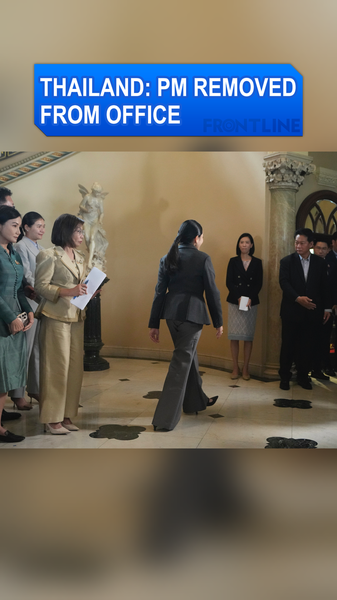In a dramatic ruling this week, Thailand’s Constitutional Court removed Prime Minister Paetongtarn Shinawatra from office over a leaked phone conversation with former Cambodian leader Hun Sen. The unprecedented decision throws the kingdom’s political future into uncertainty and highlights the power—and peril—of digital transparency in modern governance.
During the contentious hearing, judges found that the leaked call breached ethics rules and raised questions about cross-border influence. Paetongtarn, who built her reputation on reform and youth outreach, has sharply criticized the verdict, calling it “a setback for Thailand’s democratic momentum.”
With the prime minister ousted, coalition partners must now negotiate a successor. Lawmakers in Bangkok are preparing to convene an emergency parliamentary session, where rival factions will vie for the role. Observers warn the process could take weeks, potentially stalling key economic reforms and dimming investor confidence across Southeast Asia.
For young global citizens and tech enthusiasts, the episode underscores the growing intersection of politics and cybersecurity. A simple phone call transcript ignited a constitutional crisis, reminding us how leaks—and data—can reshape leadership overnight. Meanwhile, travelers and digital nomads in Thailand may face shifting visa policies, and entrepreneurs will watch closely as new leadership charts the country’s investment outlook.
As lawmakers deliberate, all eyes are on Bangkok’s corridors of power. Will a reform-minded coalition emerge, or will traditional players seize control? In a world watching every click and call, Thailand’s political saga offers a real-time lesson in the stakes of digital-era governance.
Reference(s):
Thai court removes Prime Minister Paetongtarn Shinawatra from office
cgtn.com




